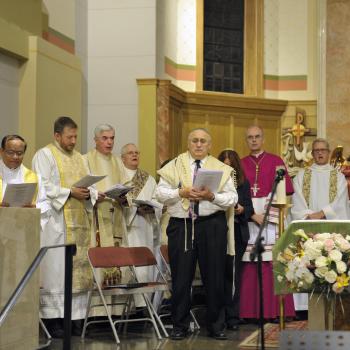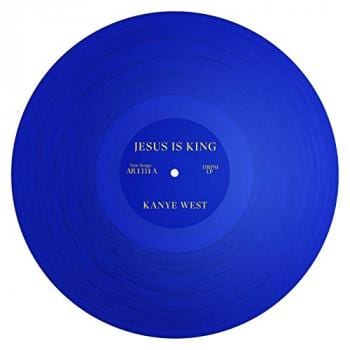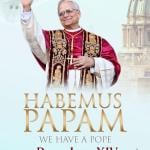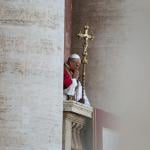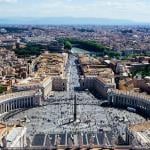From the National Catholic Register:
The games were revived by Baron Pierre de Coubertin in 1896 and staged, appropriately, in Athens. His inspirational words have been repeated in every succeeding Olympiad: “The most important thing in the Olympic Games is not to win, but to take part, just as the most important thing in life is not the triumph, but the struggle. The essential thing is not to have conquered, but to have fought well.”
A French Catholic priest and personal friend of Baron de Coubertin, Dominican Father Henri Didon (1840-1900), coined the Olympic motto. Its three Latin words — citius, altius, forties — meaning “swifter,” “higher,” “stronger,” were coined to urge athletes to be at their best and were not meant to encourage them to break records. In the mind of de Coubertin, the chief menace to the true spirit of the Olympics was precisely the scourge of “recordism.” The Dominican priest had envisioned the games as a means of using a physical competition to achieve spiritual greatness. “You who wish to surpass yourself, fashion your body and spirit to discover the best of yourself,” he is reputed to have said.
The struggle to attain higher realizations of oneself through athletic competition remains very strong in people the world over. And there continue to be many moments of glory that are in keeping with the true spirit of the Olympic Games. These moments are truly inspirational. They are what justify the continuation of the Olympics.
James Brendan Connolly (Irish: Séamas Breandán Ó Conghaile) was one of 12 children born to poor Irish immigrants. He was a freshman at Harvard in 1896 when he felt the urge to compete in the first of the modern Olympiads. He approached the dean of the college requesting permission to leave school in order to go to Athens. Although Dean Le Baron Russell Briggs had granted permission to a senior, Ellery Clark, to compete, he withheld it from Jim Connolly.
Connolly was one of the few Catholics attending Harvard at that time. The safe and convenient decision would have been to stay at Harvard, get his degree, and then make his mark in the world.
But Connolly, we might say, was made of sterner stuff. “I am going to the Olympic Games,” he exclaimed, rather melodramatically, “so I am through with Harvard right now. Good day, sir.”
The 27-year-old Irish American from South Boston had no idea of the difficulties that lay ahead of him. He came from a poor family, but he managed to save $250 through his own efforts and thought this would be enough to get him to Athens and back. His hopes were nearly dashed when the captain of the German freighter taking the American athletes to Greece announced that the fare would be $75 more than anticipated.
Connolly went to his parish priest, Father Daniel O’Callaghan of St. Augustine’s in South Boston. “I am not a vain man,” he stated. “I’m not out for glory. All I want to do is go over to Athens and compete in the sports competition they are having there next month.” Father O’Callaghan was an avid sports fan. He could have advised Connolly to stay in school and give up his quixotic dream. But he did not. The struggle to be one’s best is also a powerful Catholic trait. Through Father O’Callaghan’s intercession, the parishioners raised the needed money, and Jim Connolly was on his way.






